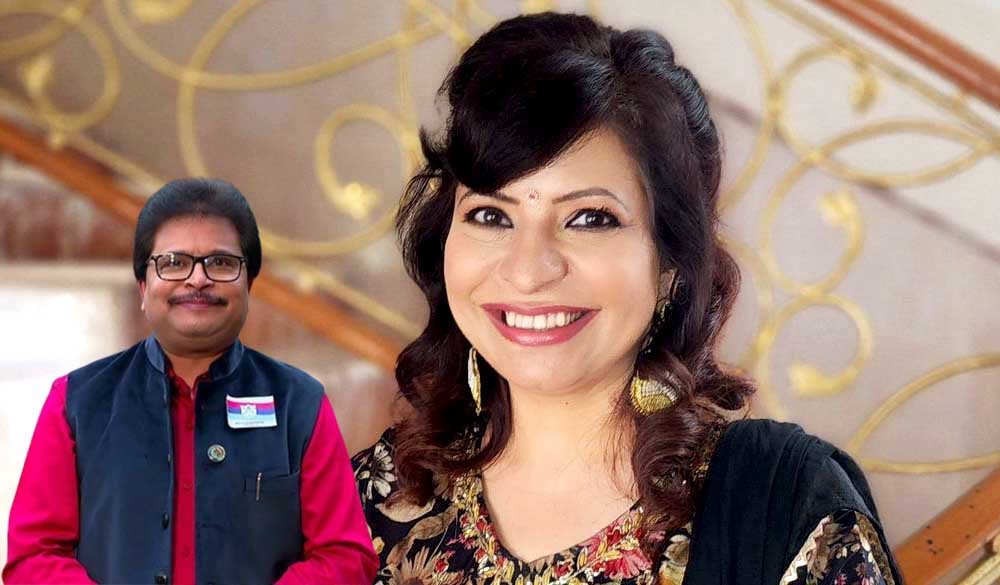
In a landmark verdict for the Indian entertainment industry, actor Jennifer Mistry Bansiwal, who played Mrs. Roshan Sodhi in the popular sitcom Taarak Mehta Ka Ooltah Chashmah (TMKOC), has won her sexual harassment case against the show’s producer, Asit Kumar Modi. The verdict, delivered on March 26, 2024, brings a sense of closure to a year-long legal battle that sent shockwaves through Indian television.
Mistry had filed a complaint against Modi in 2023, accusing him of inappropriate behaviour and creating a hostile work environment. The case also named Sohil Ramani, the show’s project head, and Jatin Bajaj, the executive producer. Mistry alleged that she faced unwanted advances and remarks from Asit Kumar Modi, creating a situation that ultimately led to her exit from the show.
The court’s decision found Modi guilty under the Sexual Harassment of Women at Workplace (Prevention, Prohibition, and Redressal) Act of 2013. While Mistry expressed relief at the verdict, she also stated her dissatisfaction with the awarded compensation of Rs. 5 lakh, calling it “menial” compared to the emotional and professional toll the ordeal took on her [India Today].
The case has sparked a national conversation about the prevalence of sexual harassment in the Indian workplace, particularly within the glamorous yet often exploitative world of television. Mistry’s courage in coming forward has empowered other victims to speak their truth, potentially leading to a much-needed cultural shift.
TMKOC, known for its light-hearted family-friendly humour, was rocked by the allegations. Modi, the show’s creator and driving force has helmed the sitcom for over 14 years, making it one of the longest-running Indian television comedies. The accusations against him tarnished the show’s image and cast a shadow over its portrayal of wholesome family values.
The production house behind TMKOC distanced itself from the controversy, stating they were unaware of any inappropriate behaviour and would cooperate with the legal proceedings. However, the case raised questions about the power dynamics within the show and the potential for exploitation within closed production environments.
Mistry’s legal battle was far from easy. Coming forward against a powerful figure in the industry put her career at risk. She reportedly faced social media backlash and a loss of professional opportunities. However, her determination to seek justice resonated with many viewers who supported her throughout the case.
The verdict serves as a significant victory for Mistry and a message to other victims of workplace harassment. It highlights the importance of legal recourse and the power of speaking out against abuse.
While Mistry’s case has concluded, several questions remain unanswered. The court did not find the other two accused, Sohil Ramani and Jatin Bajaj, guilty. Mistry has expressed her disappointment with this aspect of the verdict and may pursue further legal action.
The Mistry-Modi case has the potential to be a watershed moment for the Indian entertainment industry. It brings to light the often-ignored issue of sexual harassment within a sector known for its long working hours and hierarchical structures.
The case serves as a reminder that even in the glamorous world of television, artists and technicians are vulnerable to exploitation. Production houses and industry bodies need to implement stricter regulations and robust grievance redressal mechanisms to ensure a safe working environment for all. Mistry’s victory, while bittersweet, is a testament to the power of speaking out. It paves the way for a future where artists can work without fear of harassment and empowers other victims to seek justice. The fight for a harassment-free workplace in the Indian entertainment industry continues, but the Mistry-Modi case has undeniably marked a significant step forward.




